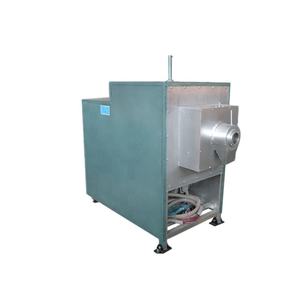PRODUCT PARAMETERS
Description
Introduction of Indirect Heating Lab Rotary Kiln for Testing
A rotary kiln is a kind of industrial equipment used for material heating and processing, which is widely used in cement, metallurgy, chemical industry, etc. Indirect Heating Lab Rotary Kiln for Testing refers to various parts and components which are necessary for maintaining and repairing the normal operation of the rotary kiln, such as cylinder, baffle wheel, pallet, sealing device and so on.
Features and advantages of Indirect Heating Lab Rotary Kiln for Testing
High-temperature resistance: Due to the extremely high temperature of the working environment of the rotary kiln, the spare parts are usually made of refractory materials or special alloys to ensure that they can work stably under high temperatures.
High abrasion resistance: Long time material friction and chemical erosion require spare parts to have excellent abrasion resistance to prolong service life.
High structural strength: in order to withstand heavy loads and the pressure of continuous operation, the design of spare parts will place special emphasis on structural strength and reliability.
Easy to install and maintain: Considering the need for frequent replacement, many spare parts are designed to be simpler and easier for quick installation and maintenance.
Strong adaptability: different industries have different needs for rotary kilns, so spare parts need to have good versatility and adaptability to meet diverse application conditions.
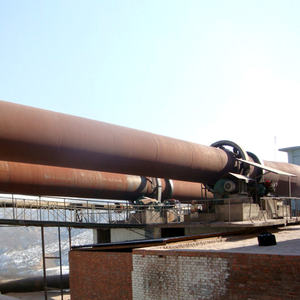
(Indirect Heating Lab Rotary Kiln for Testing)
Specifications of Indirect Heating Lab Rotary Kiln for Testing
This Indirect Heating Lab Rotary Kiln is built for testing. It heats samples without direct flame contact. The heat comes from an external furnace. This gives precise temperature control.
The chamber tube is made of strong stainless steel or heat-resistant alloy. Sizes vary. Common tubes hold 1 to 5 liters. You choose the size for your samples. The tube rotates smoothly. Rotation speed adjusts. Speeds usually go from 0.5 to 10 RPM. A reliable motor drives this.
Heating happens indirectly. An electric furnace or gas burner surrounds the tube. This heats the tube wall. The wall heats your sample inside. Maximum temperatures reach 1200°C or higher. Specific max heat depends on the furnace type. Temperature ramps up steadily. Heating rates are adjustable. You set the speed you need.
A controller manages everything. It sets the rotation speed. It sets the heating rate. It holds the target temperature. You see the temperature clearly. Digital displays show real-time readings. Safety is important. Over-temperature protection cuts power automatically. Insulation keeps the outside safe to touch during use.
Gas connections are standard for atmosphere control. You can add inert gas like nitrogen. You can add reactive gas too. Feed ports let you add material while it runs. Discharge ports let you remove product. Viewing ports let you watch samples inside.
It works on standard lab power. 220V is common. Installation is straightforward. Operation is easy to learn. Maintenance is simple. Regular cleaning keeps it working well.
This kiln tests materials like minerals or catalysts. It tests waste treatment methods. It tests calcination processes. It tests powder reactions under heat and rotation.
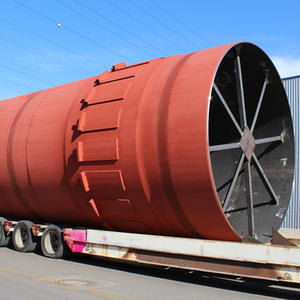
(Indirect Heating Lab Rotary Kiln for Testing)
Applications of Indirect Heating Lab Rotary Kiln for Testing
Laboratories use indirect heating rotary kilns for precise material testing. These small kilns heat samples inside a rotating drum without direct flame contact. This setup gives researchers strong control over temperature and atmosphere. Scientists study many materials this way.
Cement and concrete testing is a major application. Researchers test how raw materials react at different temperatures. They study clinker formation and mineral changes during heating. This helps improve cement quality and manufacturing efficiency. Testing new additives or alternative raw materials happens here too.
Mineral processing benefits from these kilns. Experts test ore roasting to remove impurities. They look at calcining minerals like limestone or gypsum. Removing carbon dioxide or water requires exact temperature control. This kiln provides that control. Metal recovery studies use it for reducing oxides to metals or volatilizing unwanted elements.
Environmental applications are growing. Testing thermal treatment of contaminated soils or sludges occurs here. Researchers destroy organic pollutants safely. They stabilize heavy metals in waste materials. Developing new waste-to-energy methods uses these kilns. Studying gas emissions during heating is important for pollution control.
Catalyst development needs indirect heating. Scientists test catalyst materials under realistic conditions. They examine thermal stability and regeneration methods. Finding the right temperature profile extends catalyst life. Testing support materials and binders happens too.
Ceramics research relies on these tools. Developing new clay products requires controlled firing. Testing thermal expansion or sintering behavior provides key data. Studying glaze effects at high temperatures improves final products. Advanced ceramics like refractories need exact heat treatment.
Materials science uses these kilns for studying phase changes. Observing how materials transform when heated gives valuable insights. Testing thermal decomposition of chemicals or minerals is routine. Developing new composite materials often starts here. Researchers need reliable data from small samples. This equipment delivers accurate results.
Company Introduction
Established in 2001, plant Machinery Equipment Co.,ltd. focus on metal research and mining machinery spare parts. 2 factories over an area of 13,300 square meters, based on 100+ sets of equipment, our production capacity reaches 12000 Tons/Year. has passed ISO 9001 quality managment system certification in 2008.
Our mainly products are dragline excavator spare parts,rotary kiln spare parts, large modulus gear (gear shaft), gearbox ect. 40+ patents with over 45 years experience to help focus on improve the service life of spare parts. We belive that more than 80% reason of mechanical parts’ working life depends on hot processing (steel making/forging/casting/welding/heat treatment). Eight material engineers will control the quality from the original resource.
If you are interested, please feel free to contact us.
Payment
L/C, T/T, Western Union, Paypal, Credit Card etc.
Shipment
By sea, by air, by express, as customers request.
5 FAQs of Indirect Heating Lab Rotary Kiln for Testing
1. How does this rotary kiln heat materials?
It uses an electric heating element wrapped around the outside tube. This heats the tube itself. The material inside gets hot because it touches the hot tube wall. No flames or hot gases touch your sample directly. This keeps things cleaner and more controlled for testing.
2. What materials can I test in it?
You can test many powdered or granular solids. Common ones are minerals, ores, catalysts, ceramics, and various chemical powders. Check the maximum temperature rating first. Make sure your material won’t melt onto the tube or damage it. Avoid very sticky substances.
3. How do I control the temperature?
The kiln has a digital controller. You set your desired temperature. A thermocouple measures the actual temperature near the tube wall. The controller adjusts the power to the heater. This keeps the temperature steady at your set point. You can usually program heating and cooling steps too.
4. Is it safe to operate?
Safety features are included. The outer furnace casing stays cooler. There is thermal insulation. High-temperature alarms are common. Always wear heat-resistant gloves. Remember the tube and material inside get extremely hot. Good ventilation is wise for some materials.
5. What size samples can it handle?
The tube size determines your sample size. Lab kilns often have tubes 40mm to 80mm in diameter. Length might be 300mm to 600mm. You fill the tube only part way. This lets the material tumble properly. Check the specific model’s tube dimensions for your sample volume needs.
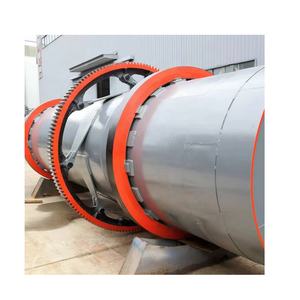
(Indirect Heating Lab Rotary Kiln for Testing)
REQUEST A QUOTE
RELATED PRODUCTS
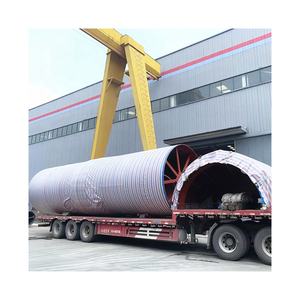
China 200 T/d Activated Lime Rotary Kiln
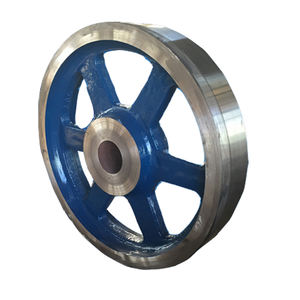
Mining Machinery Parts Brass Bronze C95400 Spare Parts Copper Screw Threaded Sleeve
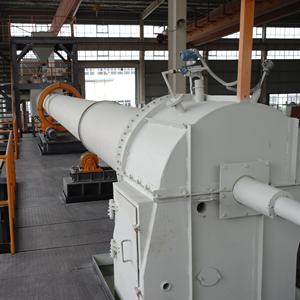
Best ing Limestone Rotary Kiln / Calcining Kiln Rotary Kiln / Clay Calcination Rotary Kiln for Magnesite and Hematite
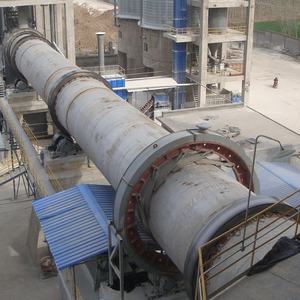
Citic Rotary kiln spare parts Rotary kiln forging supporting wheel
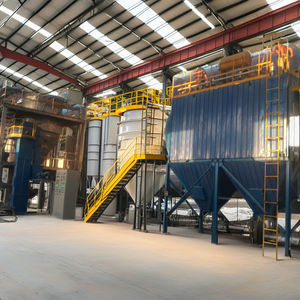
For LIEBHERR PR722 LITRONIC segment group bulldozer spare parts
